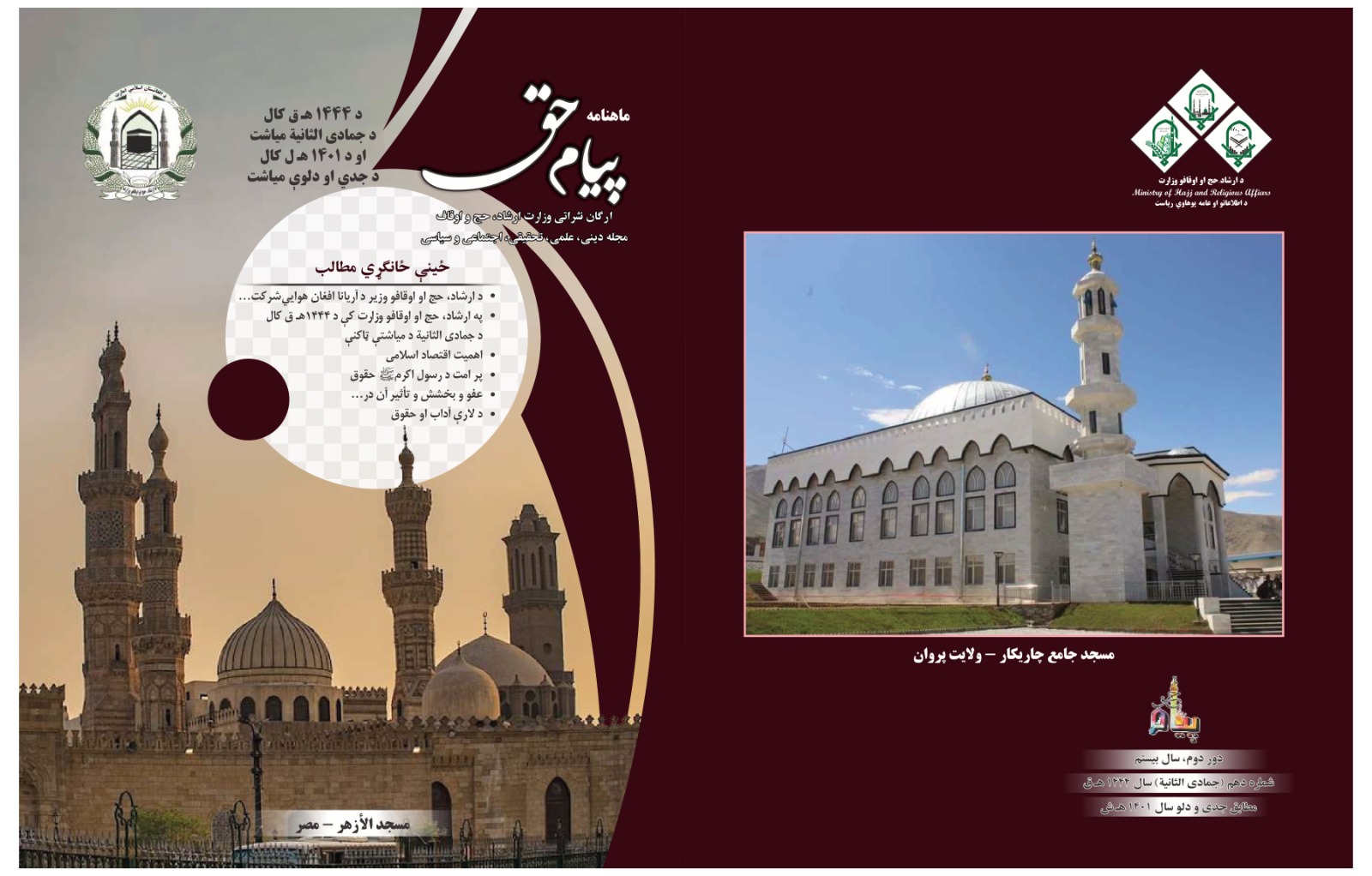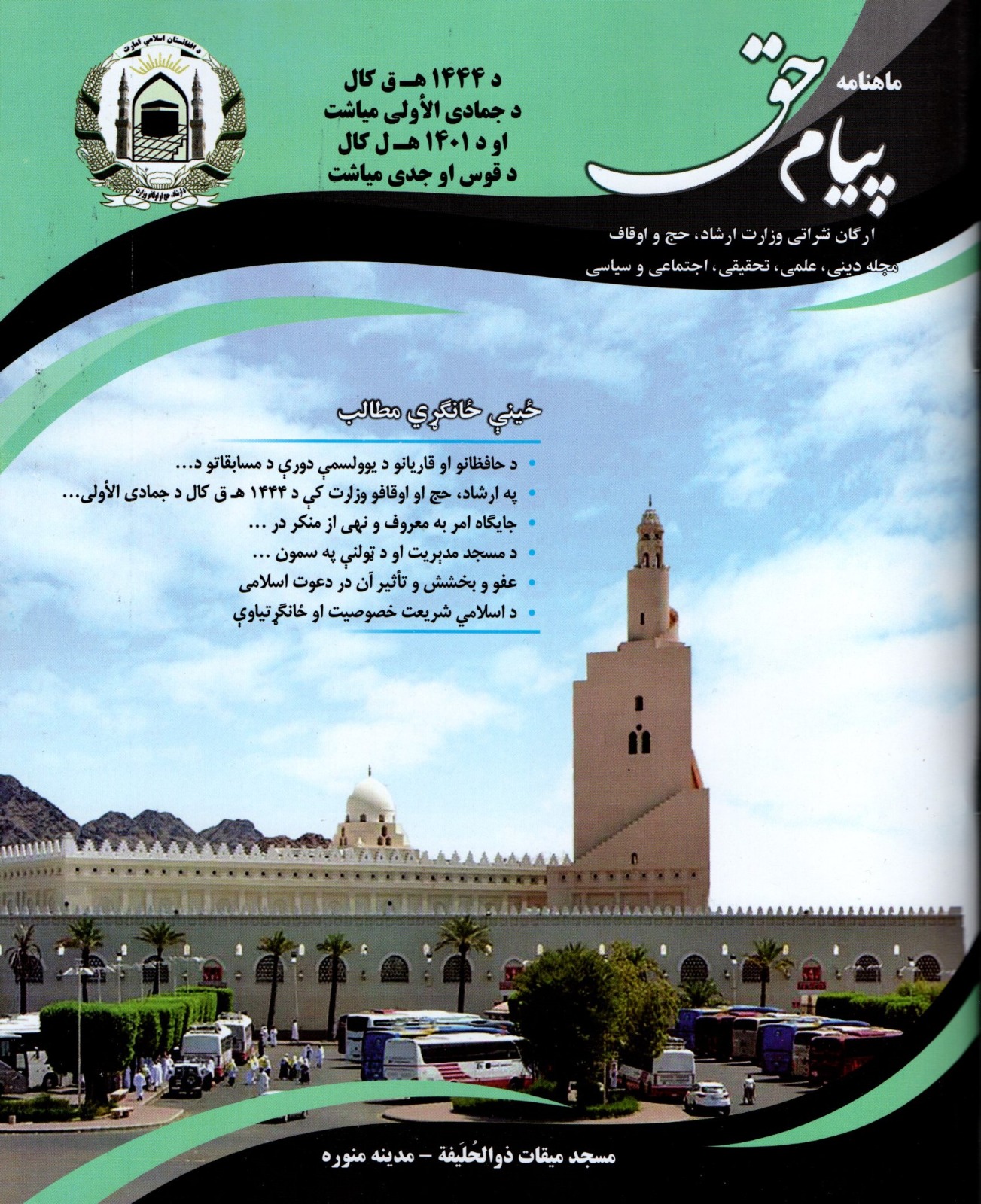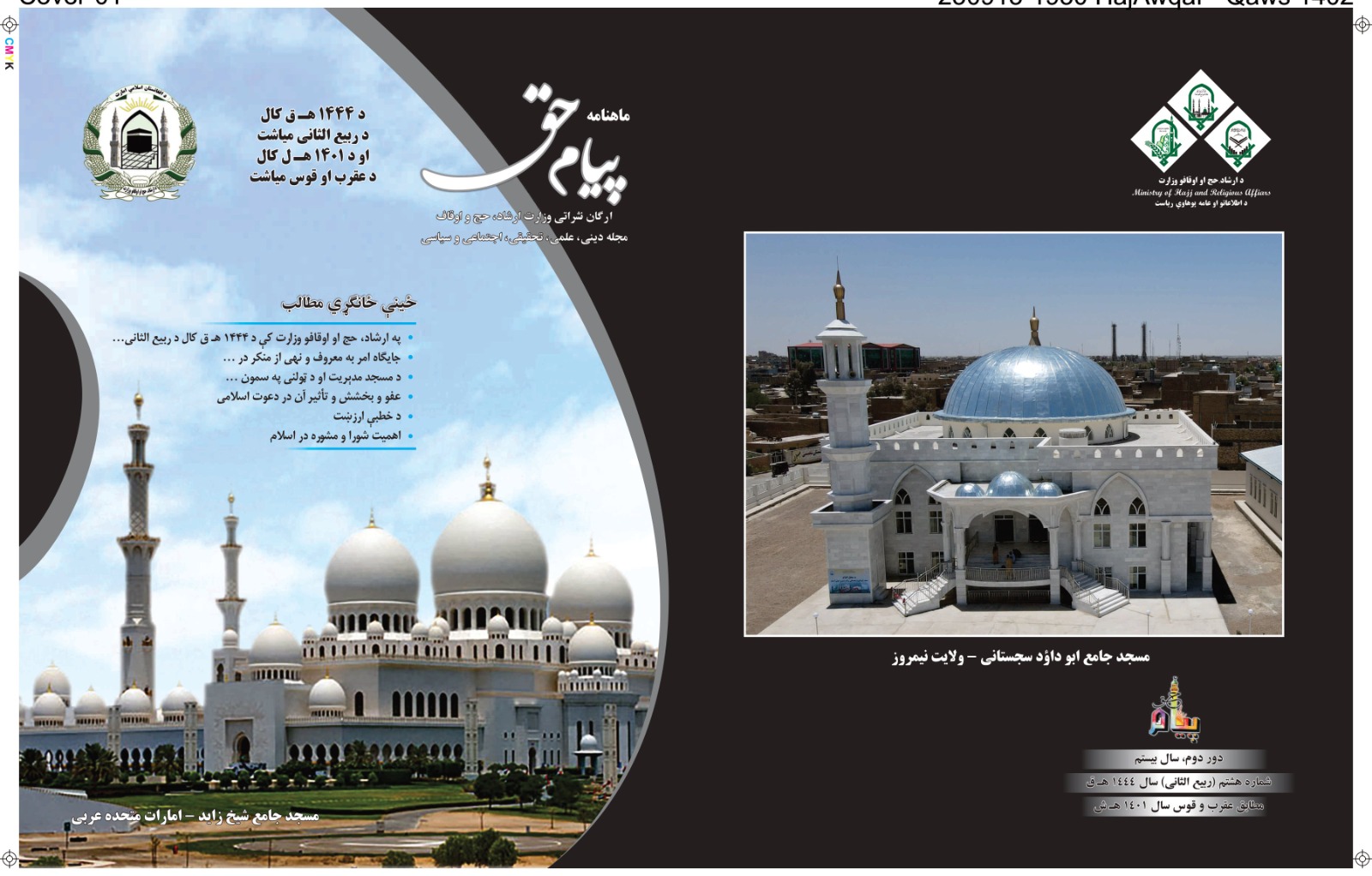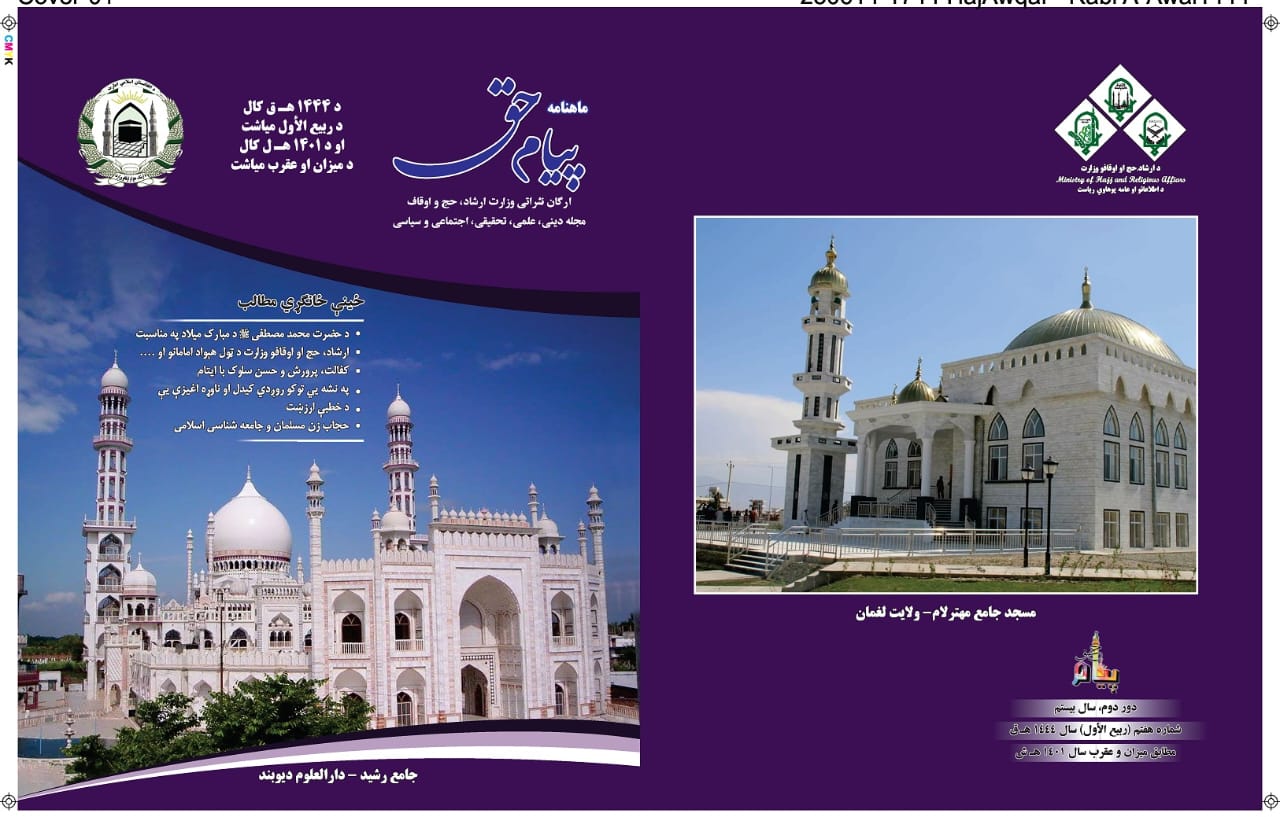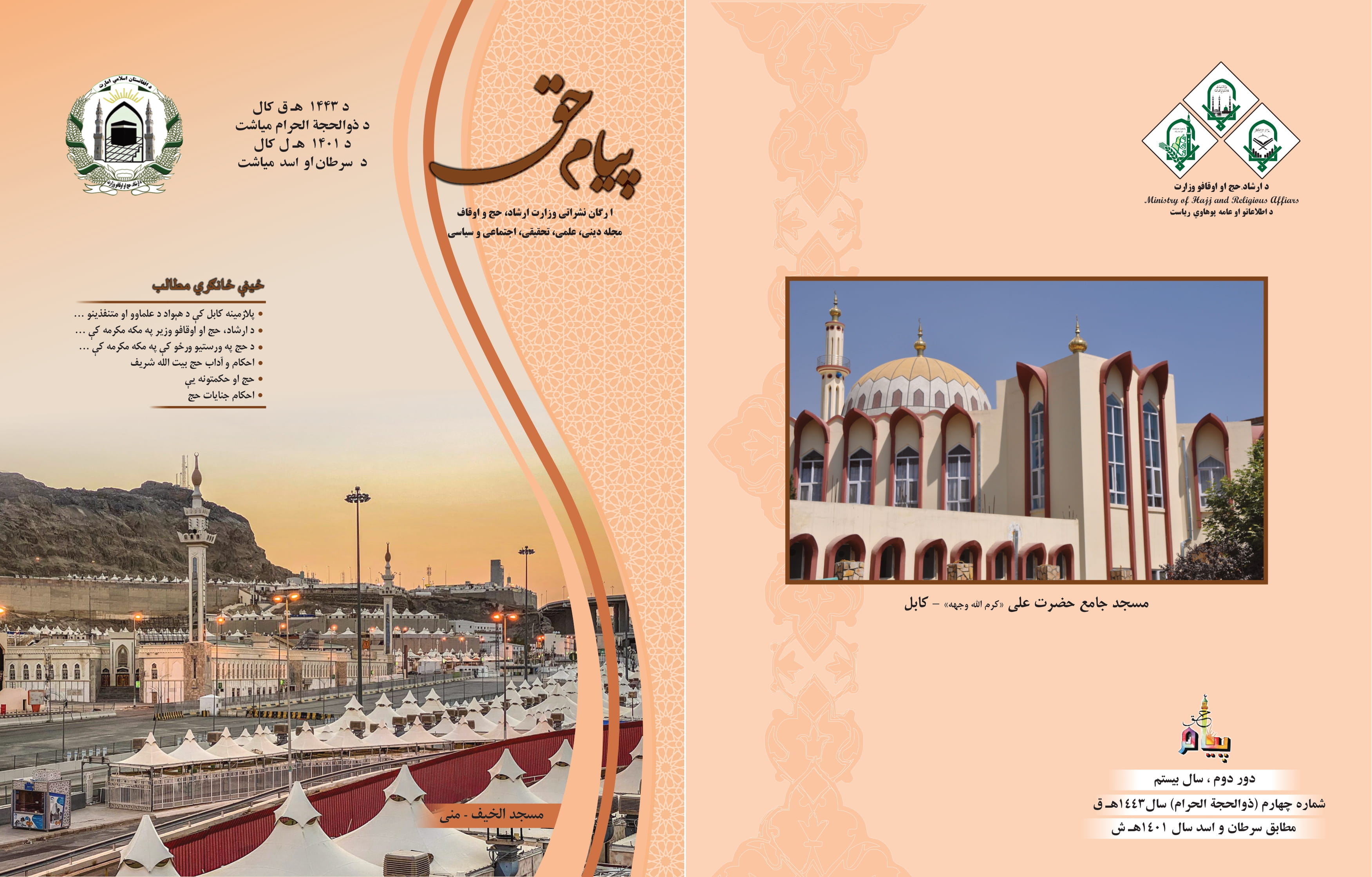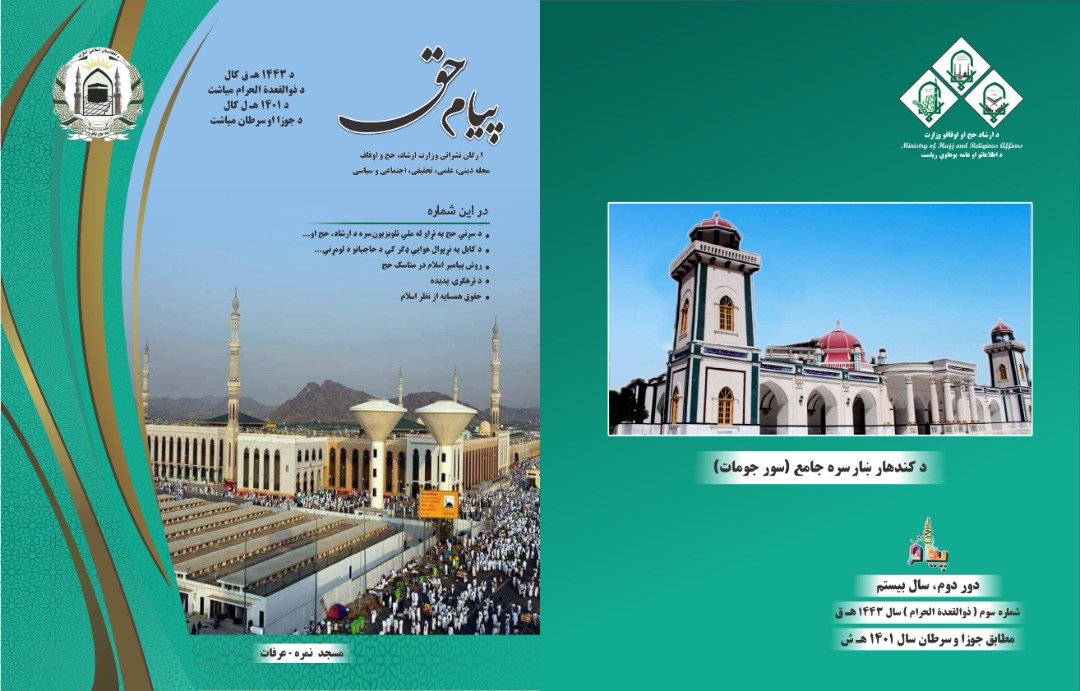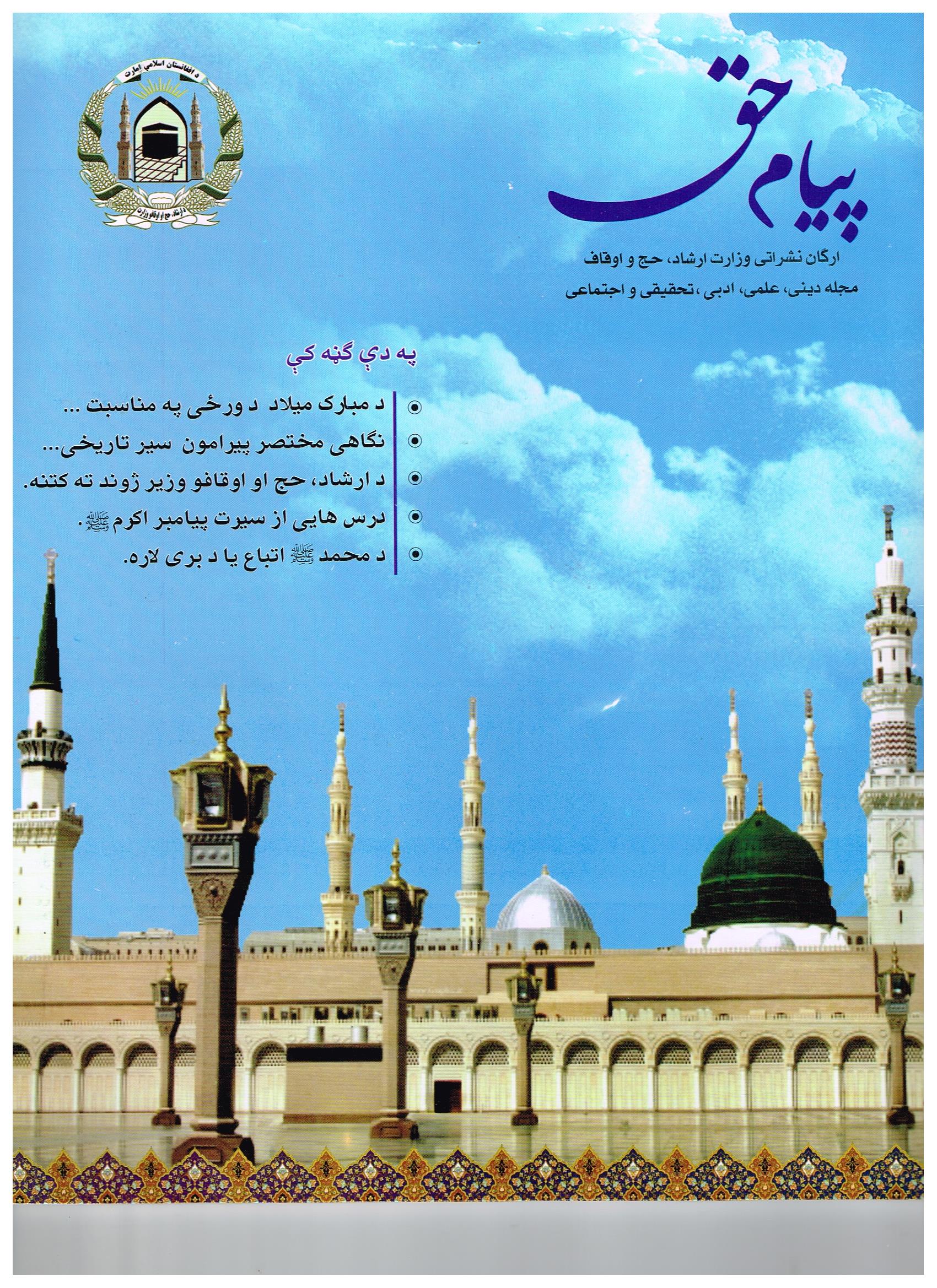Afghan pilgrims gathered in the sacred plain of Arafat to perform the pivotal rites of Hajj

On the 9th of Dhul Hijjah 1446 ,June 5, 2025
This day, known as Yawm al-Arafah, is considered the most significant in the Hajj pilgrimage and holds profound spiritual importance in Islam. Pilgrims from across the globe, including those from Afghanistan, spent the day engaged in supplication, prayer, and reflection, seeking forgiveness and divine mercy.
The Ministry of MOHIA of the Islamic Emirate of Afghanistan, under the leadership of Minister Sheikh al-Hadith Dr. Noor Mohammad Saqib, ensured the safe and organized arrival of approximately 30,000 Afghan pilgrims to Arafat. Minister Saqib personally visited the Afghan pilgrims' encampments, confirming that all necessary services, including accommodation, food, and medical care, were adequately provided. He emphasized that the pilgrims are guests of Allah and should be afforded the utmost care and respect.
Throughout the day, Afghan religious instructors within the camps educated pilgrims on the significance of Arafah, encouraging them to engage in sincere repentance and supplication. The atmosphere was one of deep spirituality and devotion.
Following sunset, the pilgrims proceeded to Muzdalifah, where they continued their worship through the night, collected pebbles for the ritual stoning of the devil (Ramy al-Jamarat), and prepared for the subsequent rites of Hajj.
Yawm al-Arafah is not only central to the Hajj pilgrimage but is also a day when Muslims worldwide seek forgiveness and engage in fasting and prayer. It commemorates the Prophet Muhammad's Farewell Sermon and is a time for reflection, unity, and spiritual renewal
